Babies, beauty, bodies and bitterness: America and the 4B movement
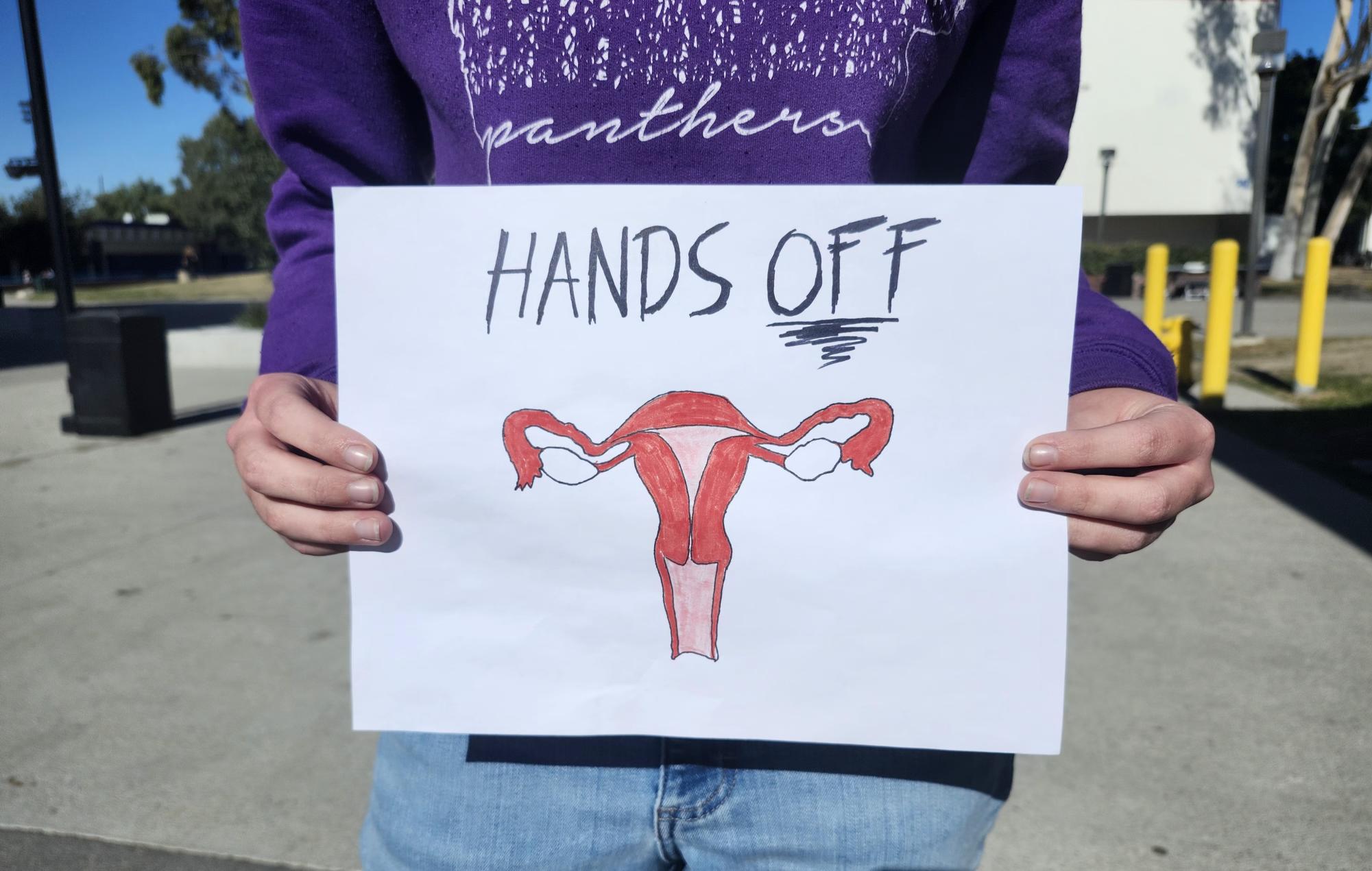
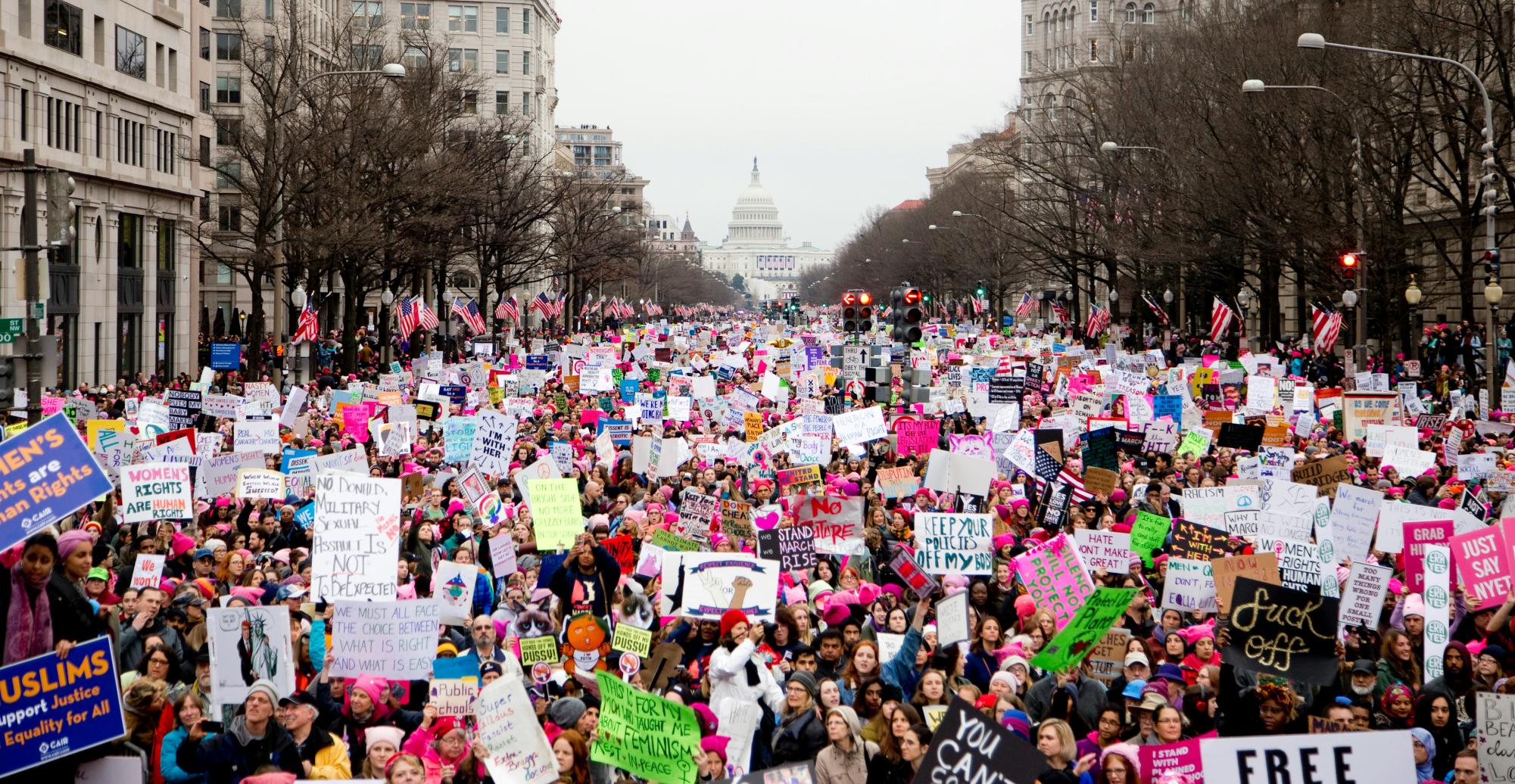
LOS ALAMITOS, Calif. — In the wake of Donald Trump’s presidential reelection, America’s blood pressure is rising. Citizens anticipate a changed economy, some with excitement and some with fear. Immigration, welfare and education, always hot-button issues, are back in the collective consciousness. Yet perhaps one of the most divisive controversies is over abortion rights, as some citizens fear the presidency’s conservative values will restrict them.
From a broader perspective, it’s easy to see women’s rights struggles go far beyond America; while we fight, so do South Korean women. In 2017, fringe feminist chat rooms birthed a new protest movement designed to liberate women from demanding beauty standards, male-centered capitalist society and overall sexual oppression. This is the 4B movement, a feminist ideology spreading to America, where a tense political climate radicalizes women against the patriarchy every day.

There’s ample fuel for a purposeful social fire here, bound to spread beyond borders. But what is this controlled burn targeted at? Simply put: men.
More accurately, the patriarchal institutions men perpetuate when women engage with them in any of the four b’s. These are bihon, biyeonae, bisekseu and bichulsan, translating to heterosexual marriage, dating, sex and childbirth. Thus, 4B devotees abstain from these in protest to reclaim autonomy, primarily economic, as marriage is considered financial reliance on a man that keeps women relegated to traditional roles. This is worsened due to welfare in South Korea being biased against unmarried women, treating them only as prospective mothers who will gain value after getting married.
4B feminists believe society holds them back from bright futures by encouraging economic dependence and frivolous purchases over independent long-term stability. This isn’t just an individualistic, “we can do it” capitalist attitude of America — it’s an escape from the vulnerability of patriarchal reliance and a renunciation of forced domestication that prevents economic success.
By taking matters into their own hands, South Korean digital feminists work to become homeowners in a housing market many working single women struggle within. They can also free themselves from oppressive gender roles and harsh beauty ideals and, most relevant to American feminists, fight back against rising pro-natalism. In South Korea, cash incentives for births cause women to trade their wombs for money to survive on their own, effectively creating the movement’s dual focus on ensuring bodily autonomy.
The 4B movement considers childbirth a political statement, citing how patriarchal institutions influenced motherhood until it became perceived as an act of ownership. Out of all the justice the movement could bring women in America, freedom from reproductive oppression is the most pressing, and for some, drastic actions such as 4B could be their last hope to get it.
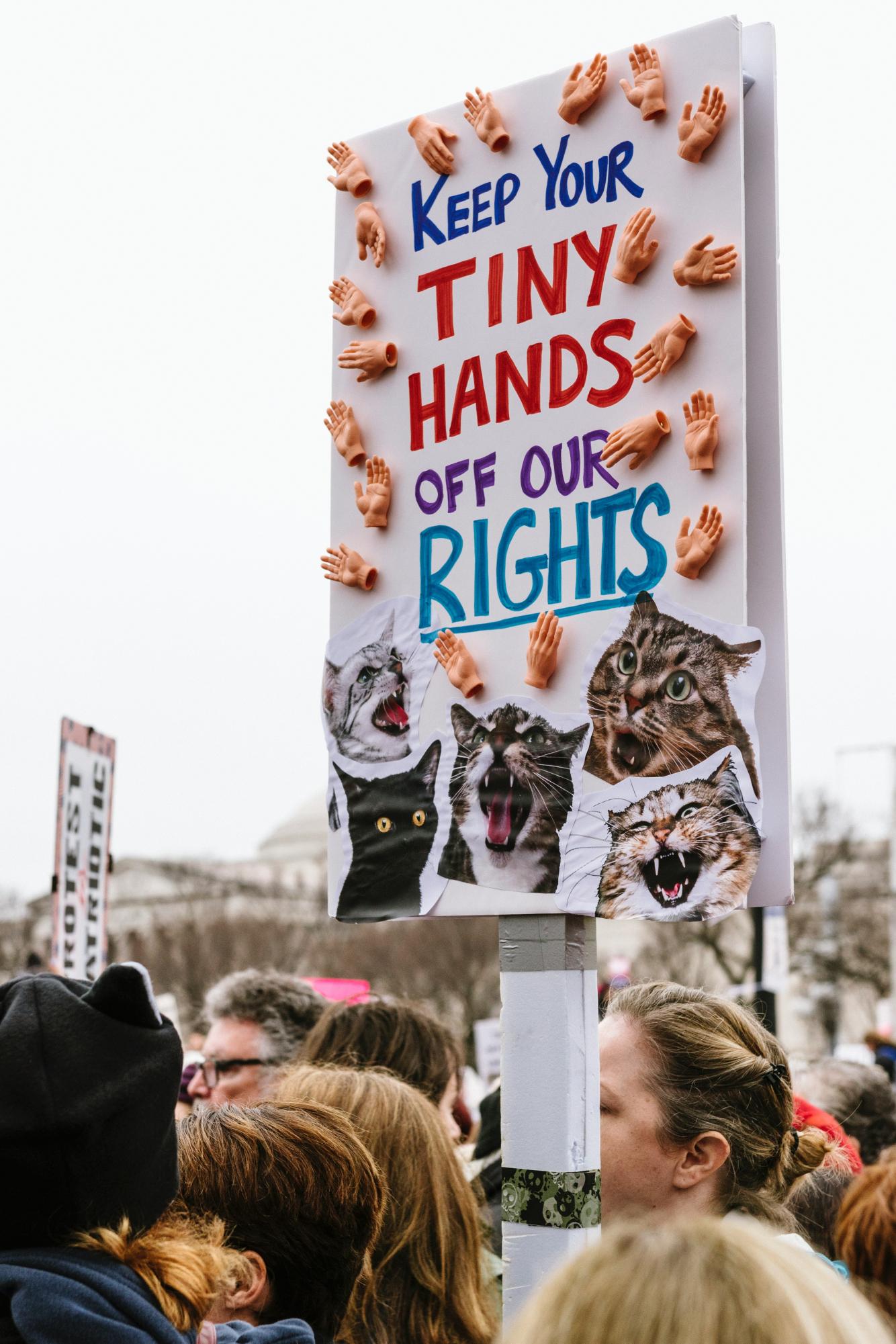
In a post-Roe v. Wade America, fourth-wave feminism turns its attention back to female bodily autonomy and healthcare rights. Since Dobbs v. Jackson Women’s Health Organization (2022) threw abortion policy decisions back to the states, 13 of them have banned it, while six imposed tight week-based gestational restrictions. This means women who live in these states, especially within the Southern bloc of abortion bans, must travel to other states to obtain healthcare.
President-elect Trump, to be re-inaugurated Jan. 20, applauded the court for its decision. Trump is already famed for disregarding bodily autonomy and sexual misconduct and has a long history of misogynist comments, including tweets reframing the #MeToo movement as a threat to young men. Hence, many women fear the new presidency will restrict their rights to their bodies as our government grows increasingly patriarchal.
@Prochoicewithheart, the Instagram handle of former congressional candidate Whitney Shanahan, is a notable abortion-focused American 4B participant. Shanahan organized a petition inviting signatories to swear off pregnancy during Trump’s time in office, in protest of the Dobbs decision. So far, almost 700 women have signed, showing a small but growing commitment to 4B as an act of outcry against oppressive government policy.
Pro-choice feminists primarily feel this policy arises from male-dominated governance’s lack of empathy toward women. That would be why women like Amber Nicole Thurman, Porsha Ngumezi and Candi Miller died preventable deaths when their states denied them healthcare for their miscarriages. By refusing to associate with men who similarly disvalue them, 4B-inspired Americans hope to galvanize a change in attitude and abortion policy. After all, even in less extreme cases, a woman’s say in her body should be valued as much as it is in other forms of healthcare, not left up to what primarily male senators believe.
“It is not a pretty thing, but sometimes it is necessary, and that is a choice we all deserve to be able to make,” an anonymous high school senior said. After recently undergoing an abortion, she deeply understands the importance of her reproductive rights in determining her future.
“I knew I could not afford to (give birth) because my desire to live my ideal future outweighed my desire to keep (the baby),” she said.
Sometimes, saving lives isn’t just preventing deaths but also protecting what the future holds, something conservative policies fail to consider when allowing abortion in cases of extreme medical need, rape or incest. That’s what 4B is about: ending complacency with baseline rights so women are as autonomous as men, and men in power aren’t making ignorant female health decisions for them. The autonomy question also extends far beyond abortion and into deeply ingrained societal expectations.
“We are pushed as young women to have kids, settle down, put family before work and set aside what we want,” the unnamed senior said.
For some women, American 4B could be the first step in liberating them from their patriarchal roles as domestic servants and inferiors through reclaiming their reproductive freedom. No longer will a woman’s character be based on their “ability to pump out kids and please a man,” as the senior said, but on how she devotes her body and mind to things that please her.
Los Alamitos High School senior Andrea Dao also started looking into the movement last year to decentralize men in her life.
“I’ve had a lot of boys approach me, but I feel that a lot of them are not up to my level in terms of emotional intelligence,” Dao said.
Women do emotionally mature years before their male peers, which Dao feels accounts for her poor experience with some male relationships. She also sees danger in a toxically-masculine society that subjects women to catcalling, assault and other gendered abuses, which around 97% of them will experience.
Dao’s conviction is more of an agreement with some of 4B’s views than a hard commitment to the doctrine. Still, she believes restricting misogynists’ access to women’s bodies is a good way to enforce attitude changes, regardless of whether some perceive it as extreme. On the internet, 4B has many naysayers, especially in socially conservative spaces that push American traditionalism, male dominance and female servitude.
“I think this increase in interest in more extreme forms of feminism is a reaction to extreme forms of misogyny people are experiencing. I think we’re going backward, and that’s why the 4B (movement is) coming,” Dao said.
Hate begets hate, even if misogyny is systemic and life-altering, while “extreme feminism” is more akin to patriarchal disdain. Ultimately, 4B is not intrinsically misandrist; rather than an attack based on superiority to males and hatred of masculinity, it’s a defense mechanism against the patriarchal oppression that only males can perpetuate.
Really, it’s not about hating men but hating the fact that an excess of them hate us.
“When we look at the election results (among) men from 18-29 years old, almost 50% of them voted for Trump,” Dao said.“When women see the men they could possibly be marrying voting for those kinds of candidates, I feel like that worries them and makes them realize they don’t care about us.”
Voting for Trump does not guarantee a man hates women, but the president’s character and stances on abortion and female roles aren’t with respect for women in mind. How strongly someone supports the Republican candidate has become a shortcut to determine how much they value individual rights over economic and foreign policy. If our bodily autonomy is seen as a suitable sacrifice for economic prosperity, it’s understandable that some women have doubts.
This is where women start asking themselves questions. Is there any merit in dating a man when there’s a 50/50 chance he may be biased against your gender? Is it safe to engage in sexual activity with said man if he’d weigh his desires over your body autonomy if you got pregnant? Really, is it safe to get pregnant at all if restrictive abortion laws would let you die if you experienced complications? Depending on what feminist stance you subscribe to, the 4B movement could be for you. At the very least, the need to ask these questions should say there’s a problem with how male society views women; to fix it, resistance is the only option.
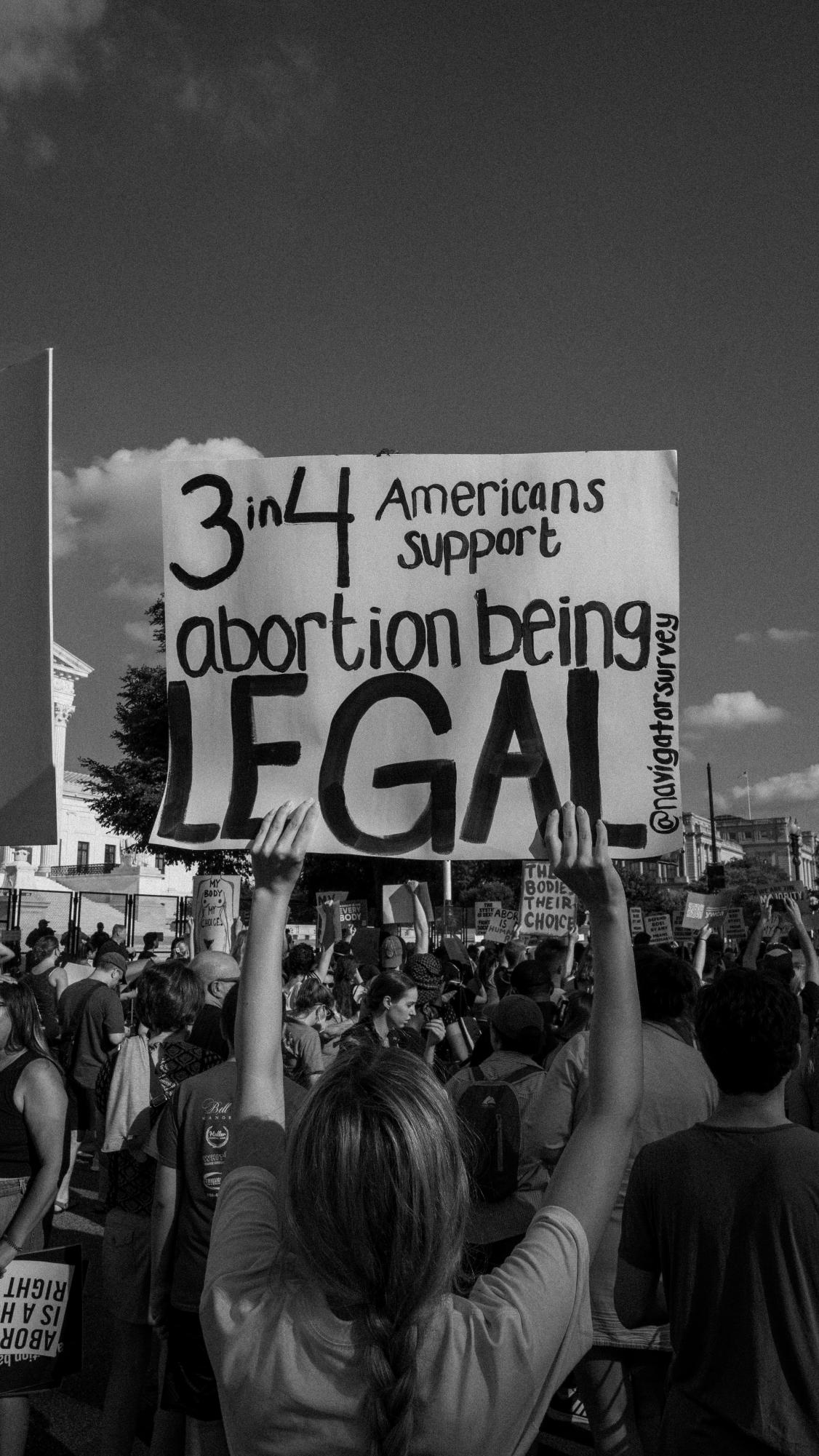
The 4B movement could be this resistance, as it’s enticing larger numbers of women to relinquish their established roles and fight for abortion rights. But will the men complicit in the patriarchy that 4B is fighting understand?
It’s difficult to say. Those who the patriarchy benefits most, conservative males and the politicians who enforce backward policy, notoriously see radical feminism as ungrateful, man-hating whining. Of course, that’s far from the truth.
“We aren’t crabby or sensitive or just mad because we’re on our periods. We’re just rightfully sick of this treatment,” the anonymous senior said.
Even if we “earned” the right to divorce men who mistreat us (1937), have equal educational opportunities (1972) and our own money (1974) and aren’t subject to extreme misogyny like in Afghanistan, our complaints are valid. That’s what more men need to see. Perhaps by polarizing them through relationship separatism and denying them access to our bodies we’re sometimes exclusively valued for, we could make progress. If we’re no longer viewed as wombs, toys and caretakers, there will be room for us as decision-makers, career women and independent beings.
“This movement is women saying we’re done, and I think this can definitely yield a change of attitude towards women and our abilities,” the senior said. “Once men realize women aren’t just (sexual objects), maybe they’ll realize that we deserve just as much autonomy as anyone. Maybe that is wishful thinking.”
Maybe it is… or maybe it isn’t. Even if they don’t participate, it’s crucial that all women see that they can make changes. I invite women, young women especially, to reconsider their role in society and how the average man views them. Take a step back, look upon your life and ask yourself this: Do you have the respect you deserve?
Your donation will support the student journalists of Los Alamitos High School. Your contribution will allow us to purchase equipment and cover our annual website hosting costs.
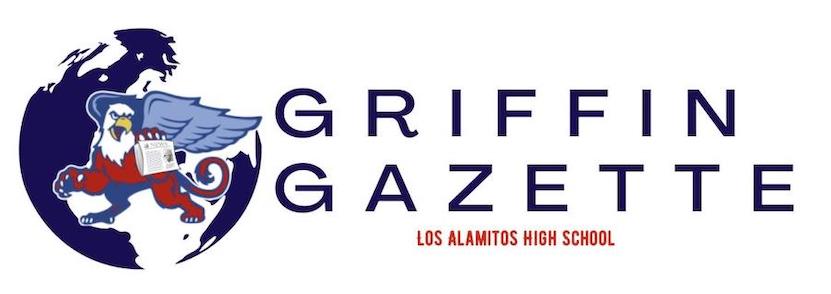









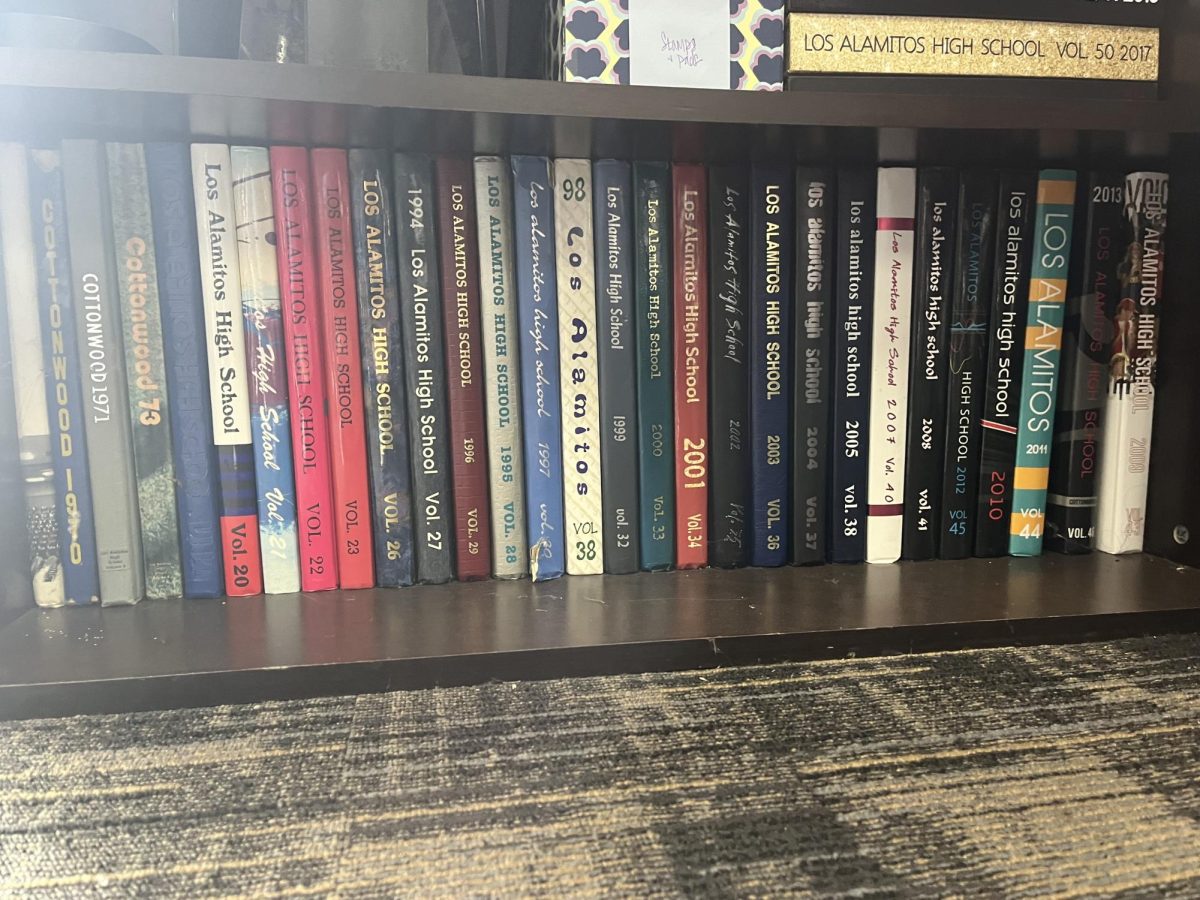

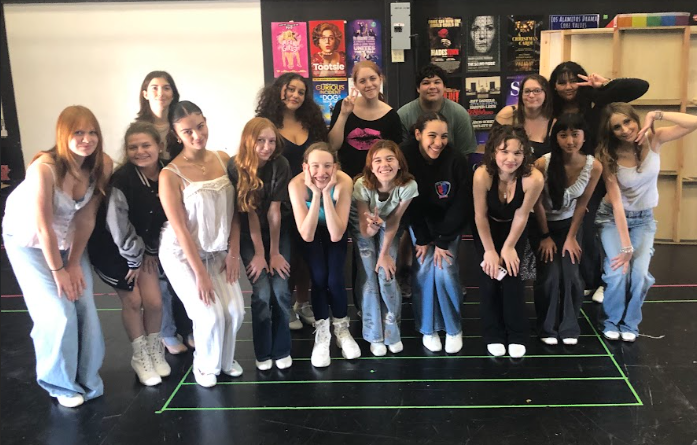
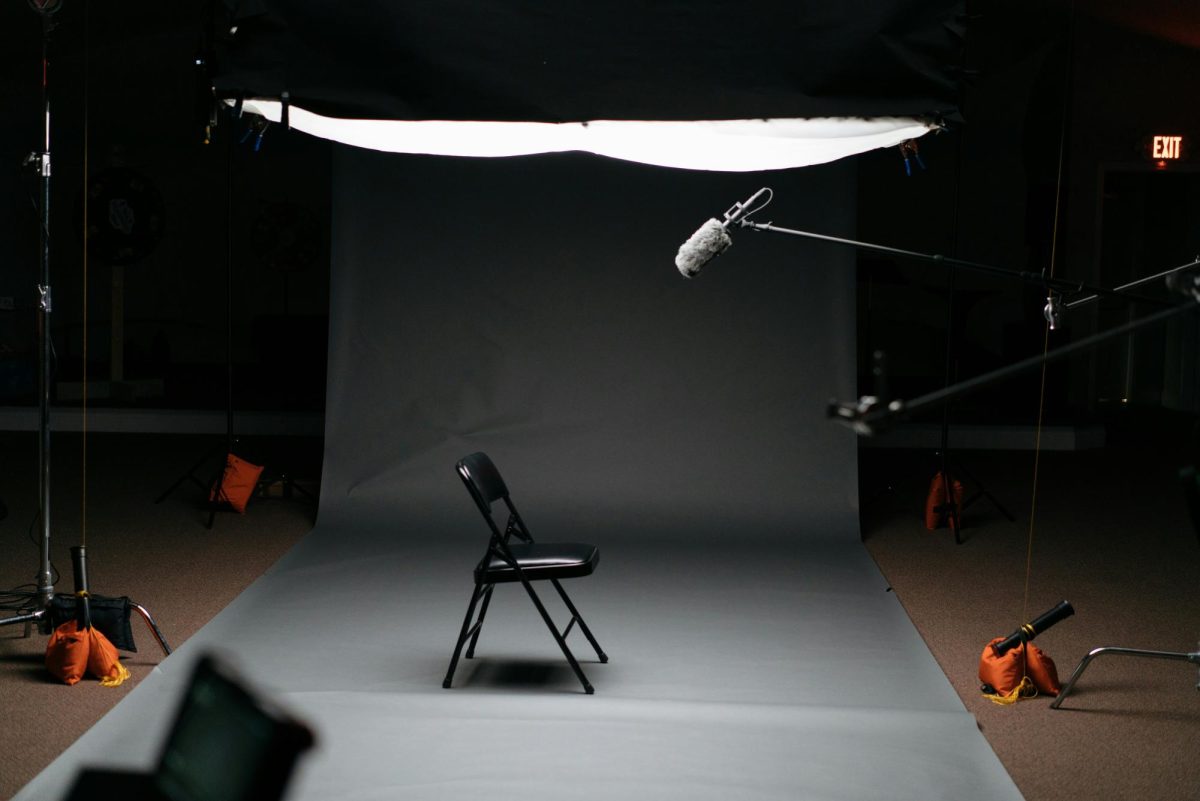

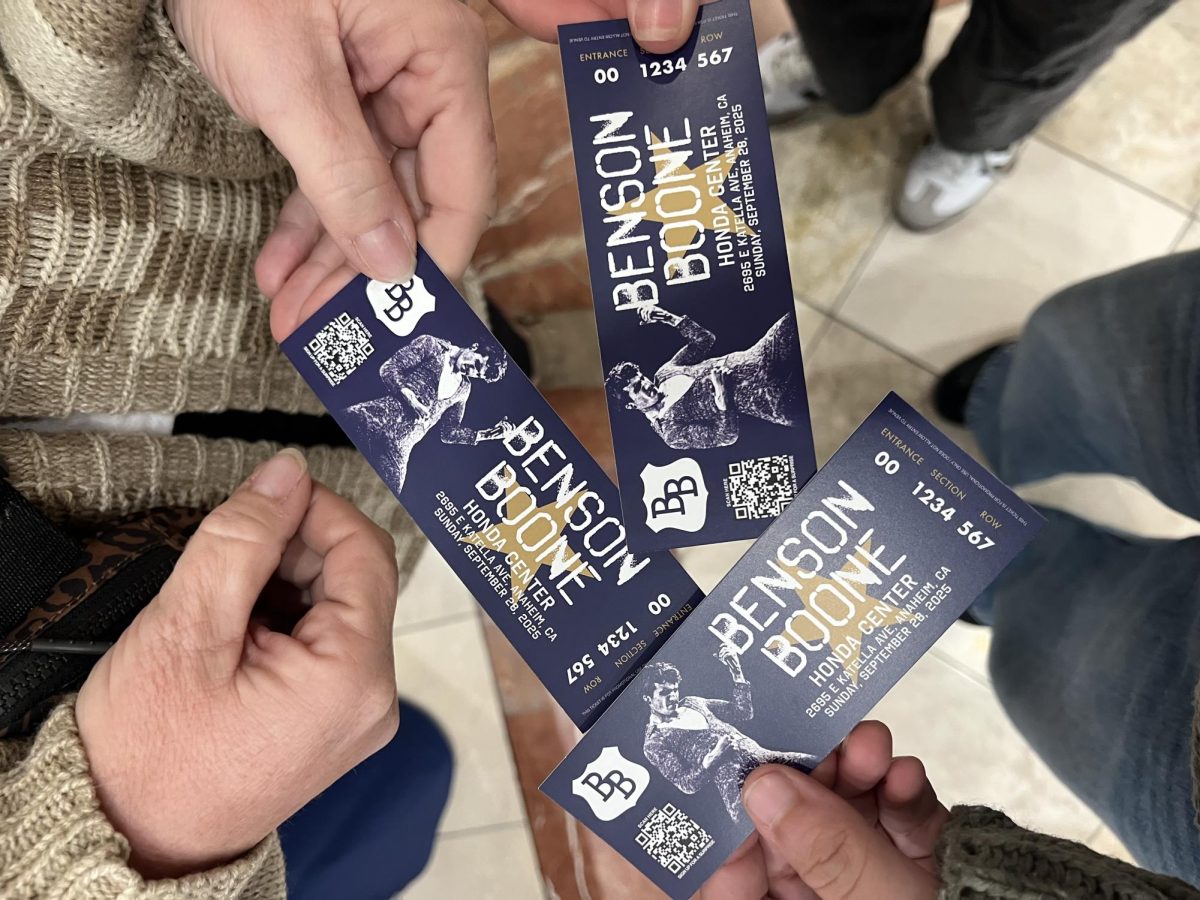
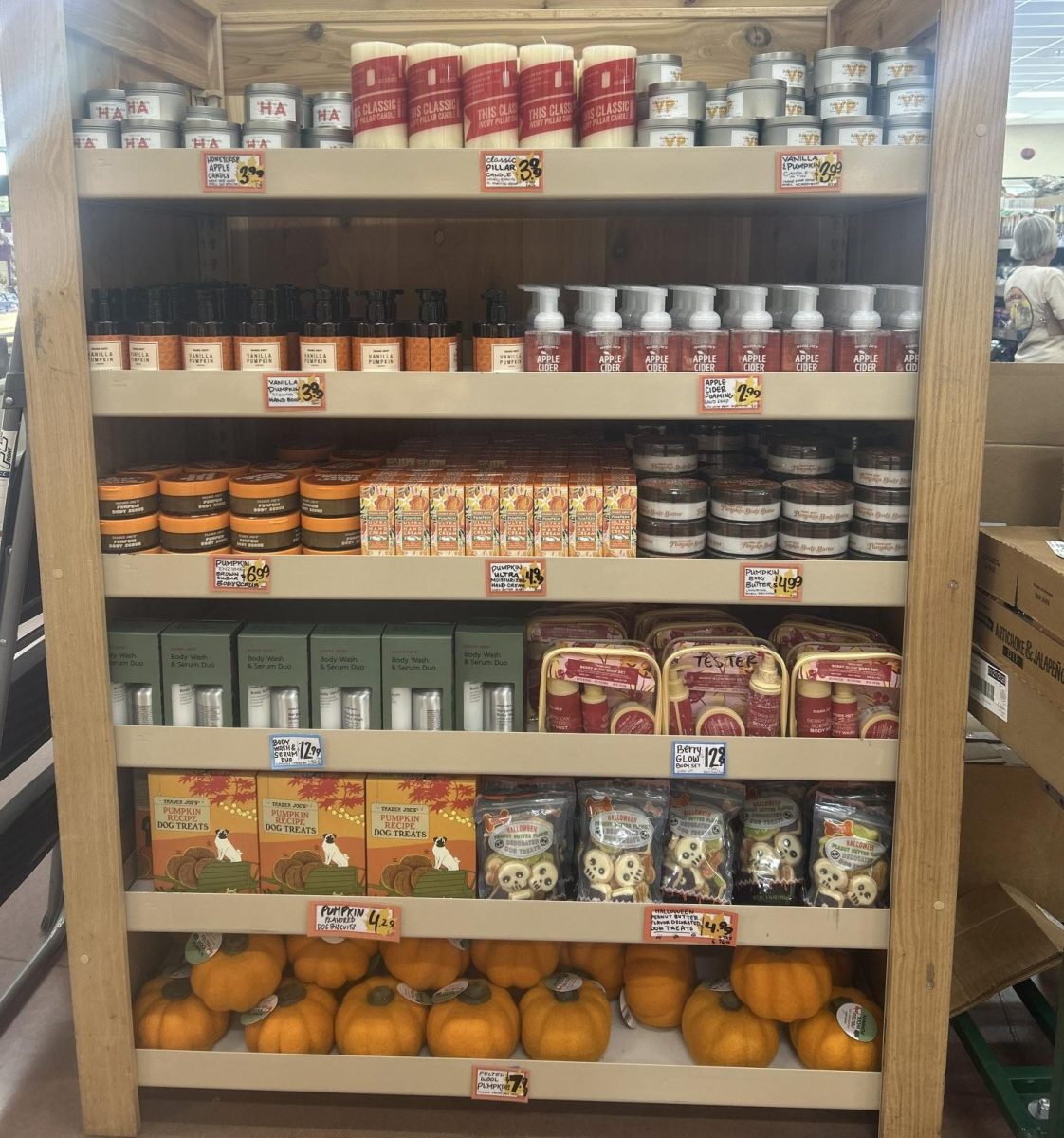
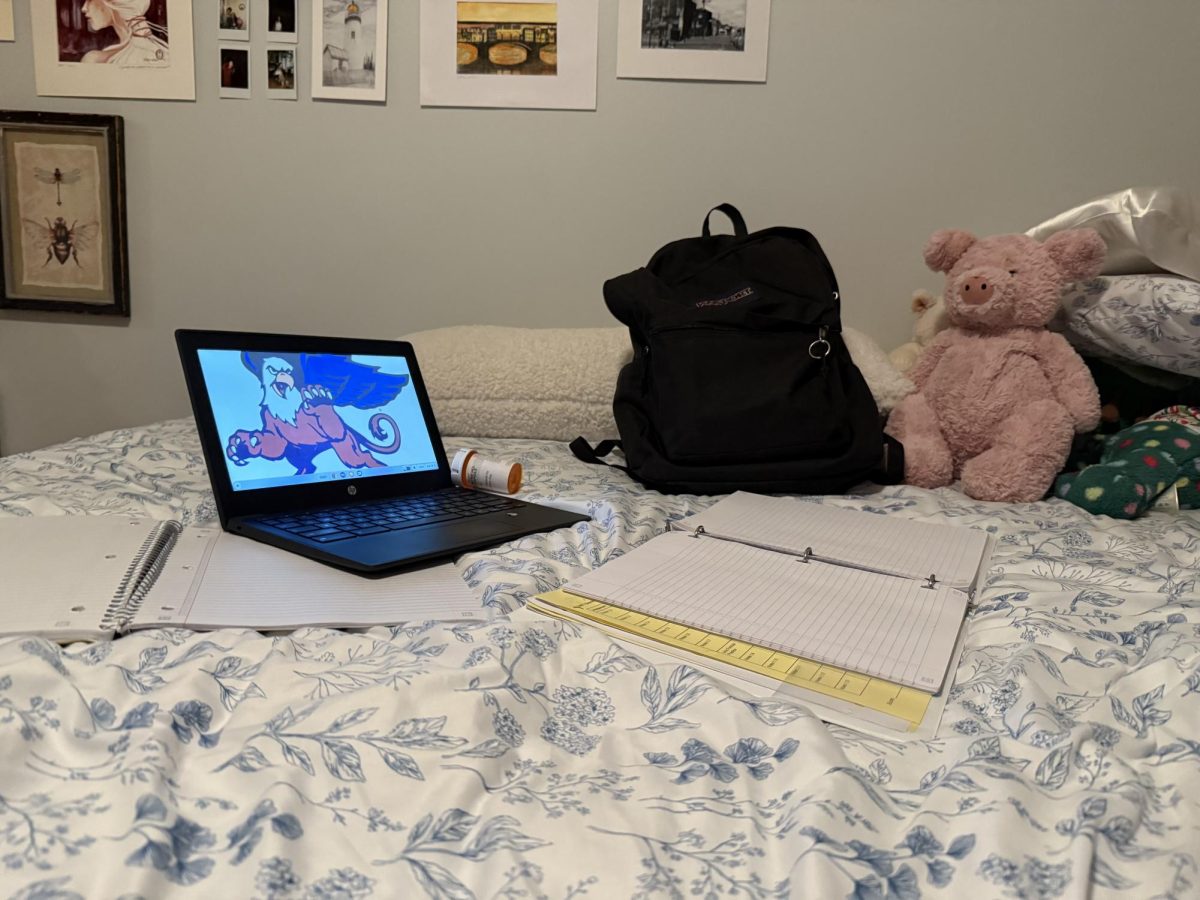
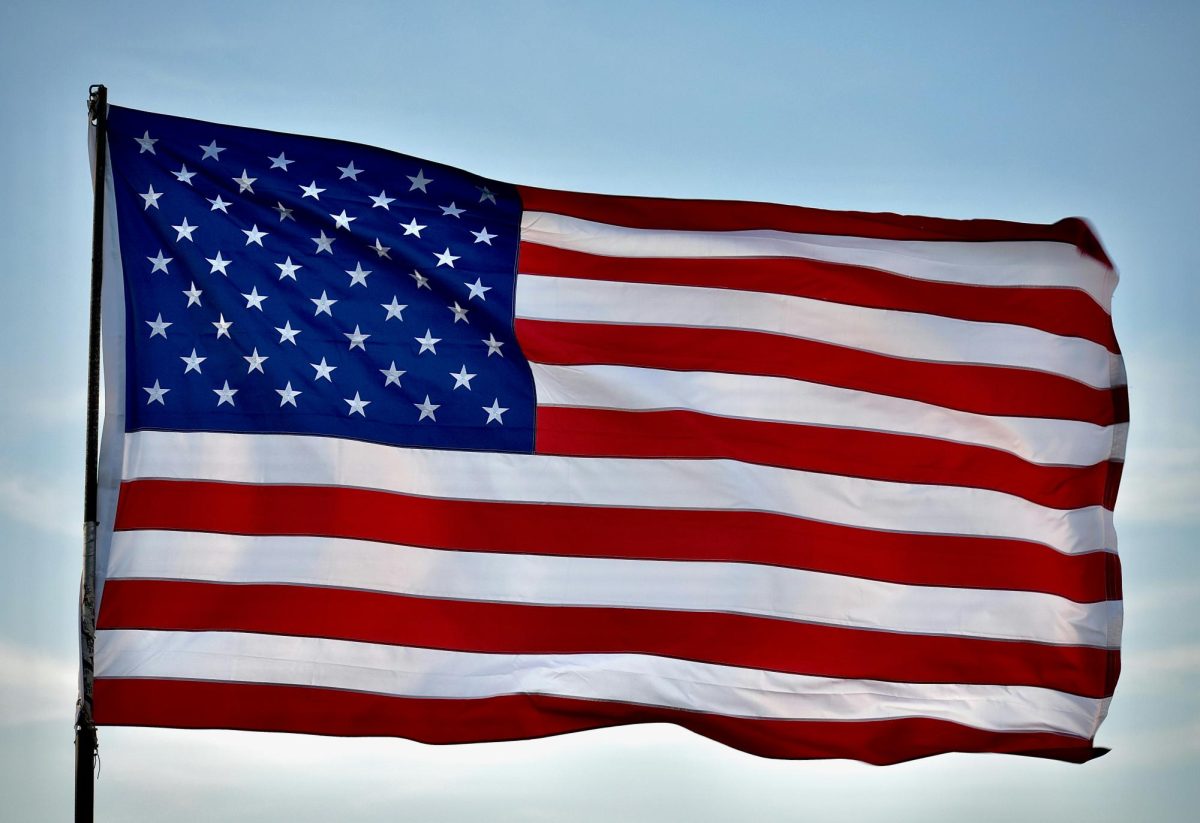
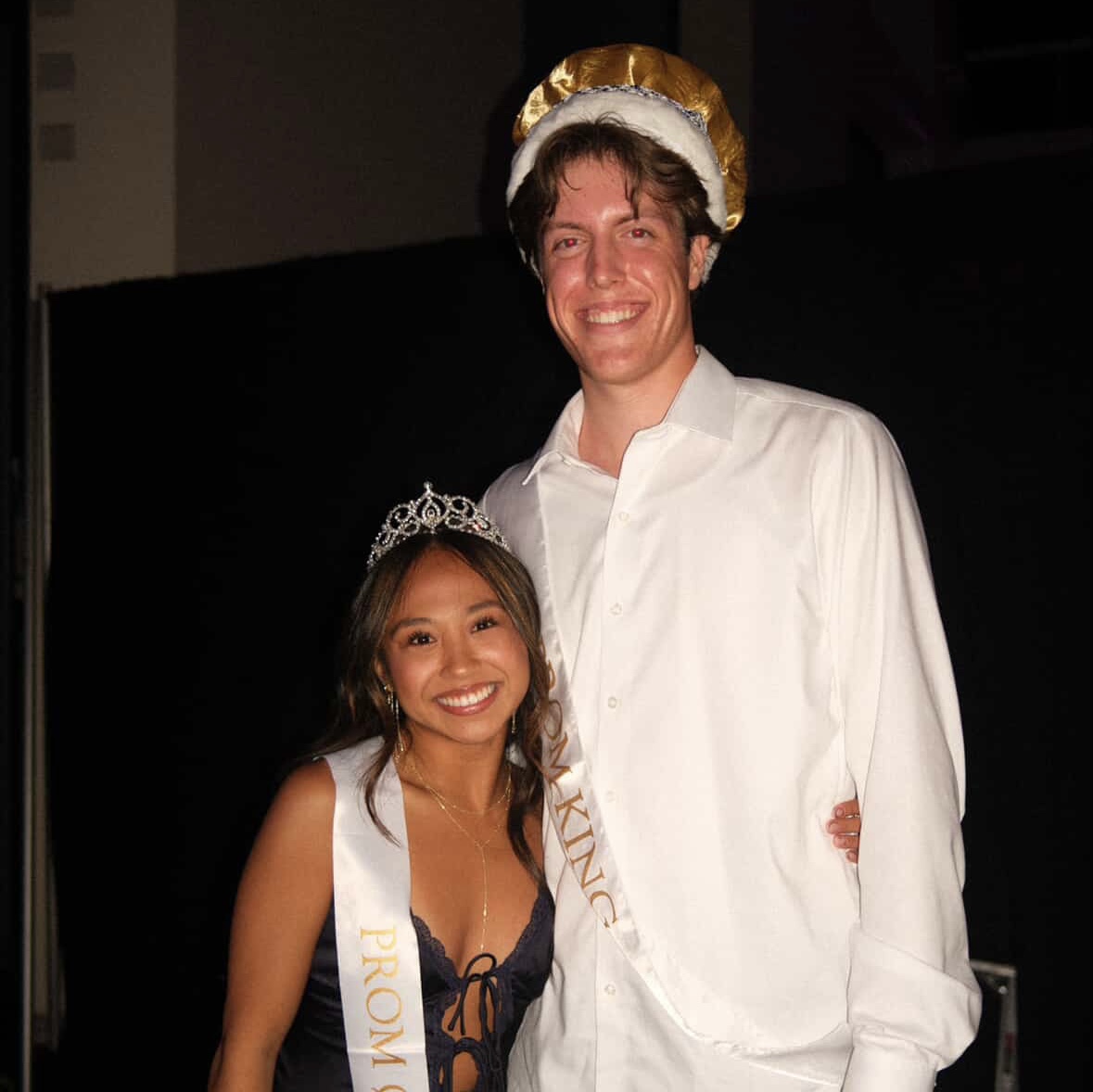

Bella Kim • Jan 29, 2025 at 8:43 pm
This is a fantastic, insightful piece, Maleah. It’s so you! It shows your talented reporting and clear, passionate voice.
Lily Zimmerman • Jan 29, 2025 at 12:13 pm
I love this article! I haven’t heard much about the movement before, but you did an amazing job breaking it down and explaining everything.
Angie F • Jan 28, 2025 at 1:37 pm
I am very proud of all the work and incite you offered in this article.